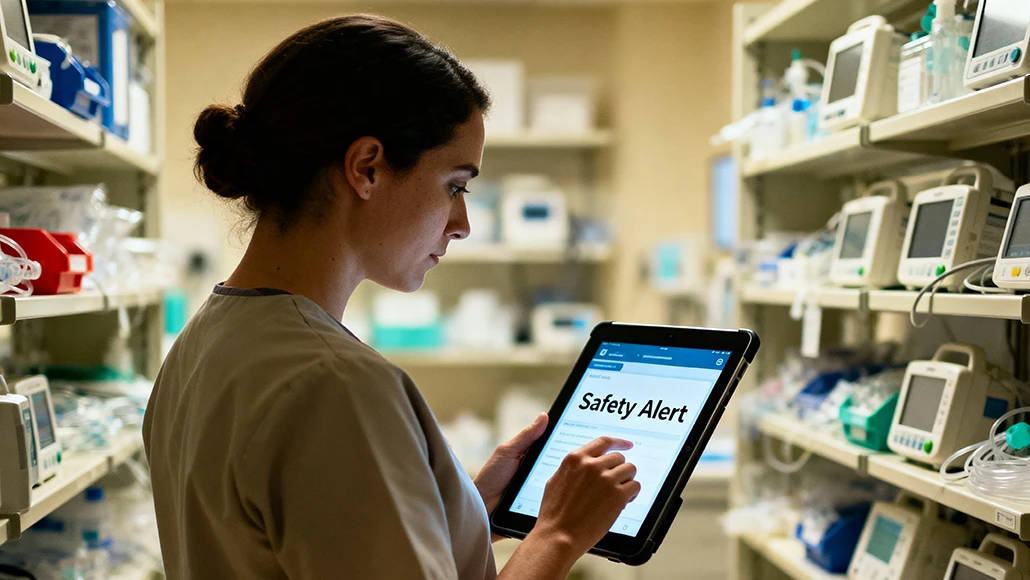The Food and Drug Administration (FDA) has gone on to expand its early alert initiatives so as to cover potentially high-risk removals or even, for that matter, corrections for all the medical devices, the agency confirmed on September 29, 2025.
It is well to be noted that the officials went ahead and announced a pilot of the initiative late in 2024. Ever since then, the agency has gone on to issue certain early alerts shortly after companies have told the customers about certain issues with medical devices.
As per the FDA, the pilot was successful, thereby leading to expanding the program well beyond the initial five therapeutic areas and at the same time also including some high-risk safety events pertaining to all medical devices.
Apparently, the FDA began the pilot in order to cut that gap between company as well as regulatory communications when it comes to potentially high-risk medical removals or, for that matter, even corrections. Months can go on to pass between a company contacting the customers and the FDA going ahead and publishing a recall notice.
Notably, there are early alerts that enable the FDA to go ahead and offer more timely information in terms of safety issues, whereas its staff happens to work to formally classify as well as communicate the recall.
Interestingly, the evidence of the effect of the pilot emerged very shortly after the FDA started the program. In December 2024, the FDA went on to post an early alert 2 weeks after Medline wrote its customers pertaining to the issue with regard to fluid delivery sets. It was earlier in 2024, which is almost four months passed between Medline telling its customers about yet another issue and thereafter the FDA publishing a Class I recall notice.
The list by the FDA of recent early alert initiatives happens to include 19 entries, which go back to March 2025 and include four notices that were posted in the last couple of weeks. Apparently, BD, Abbott, and Abiomed from Johnson & Johnson happen to be the subjects of three of the recent early alerts.
It is worth noting that in the pilot project, the agency went ahead and limited early alerts to certain potentially high-risk device removals or even corrections with regard to gastrorenal, cardiovascular, obstetrics, general hospital, gynecology as well as urology. The FDA has gone ahead and lifted those restrictions and is going to issue certain early alerts pertaining to potentially high-risk recalls of any kind of medical device.


















